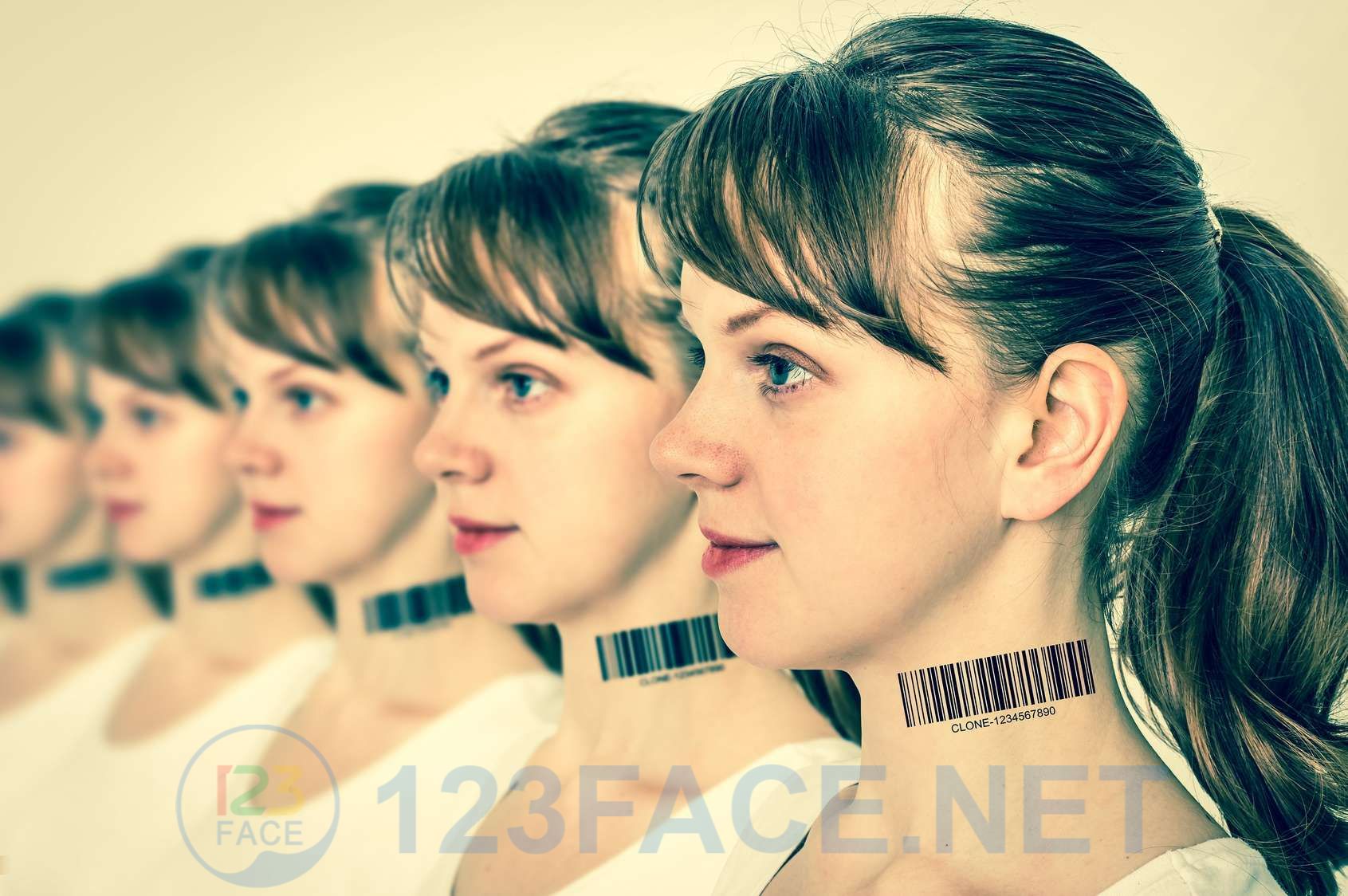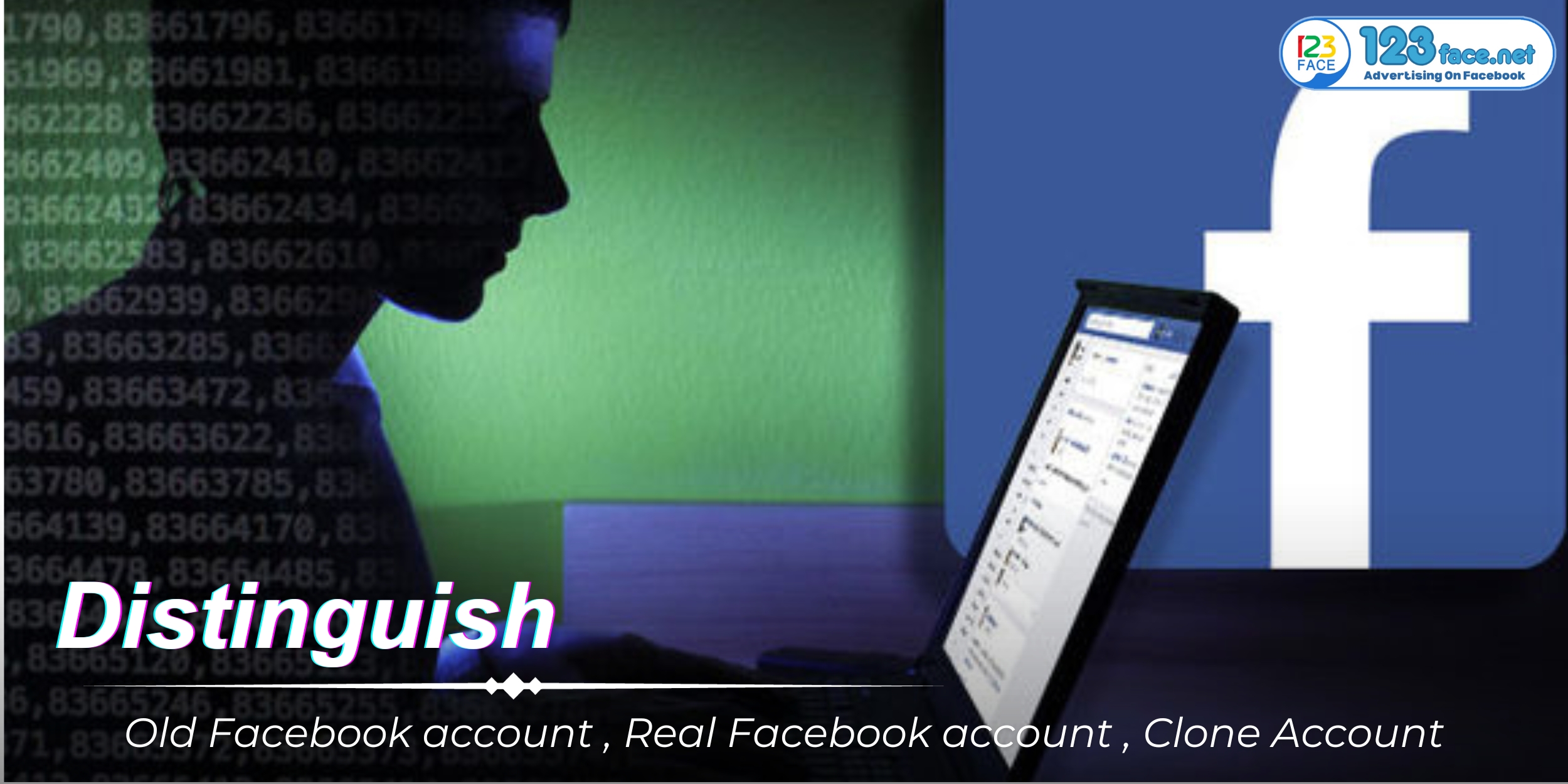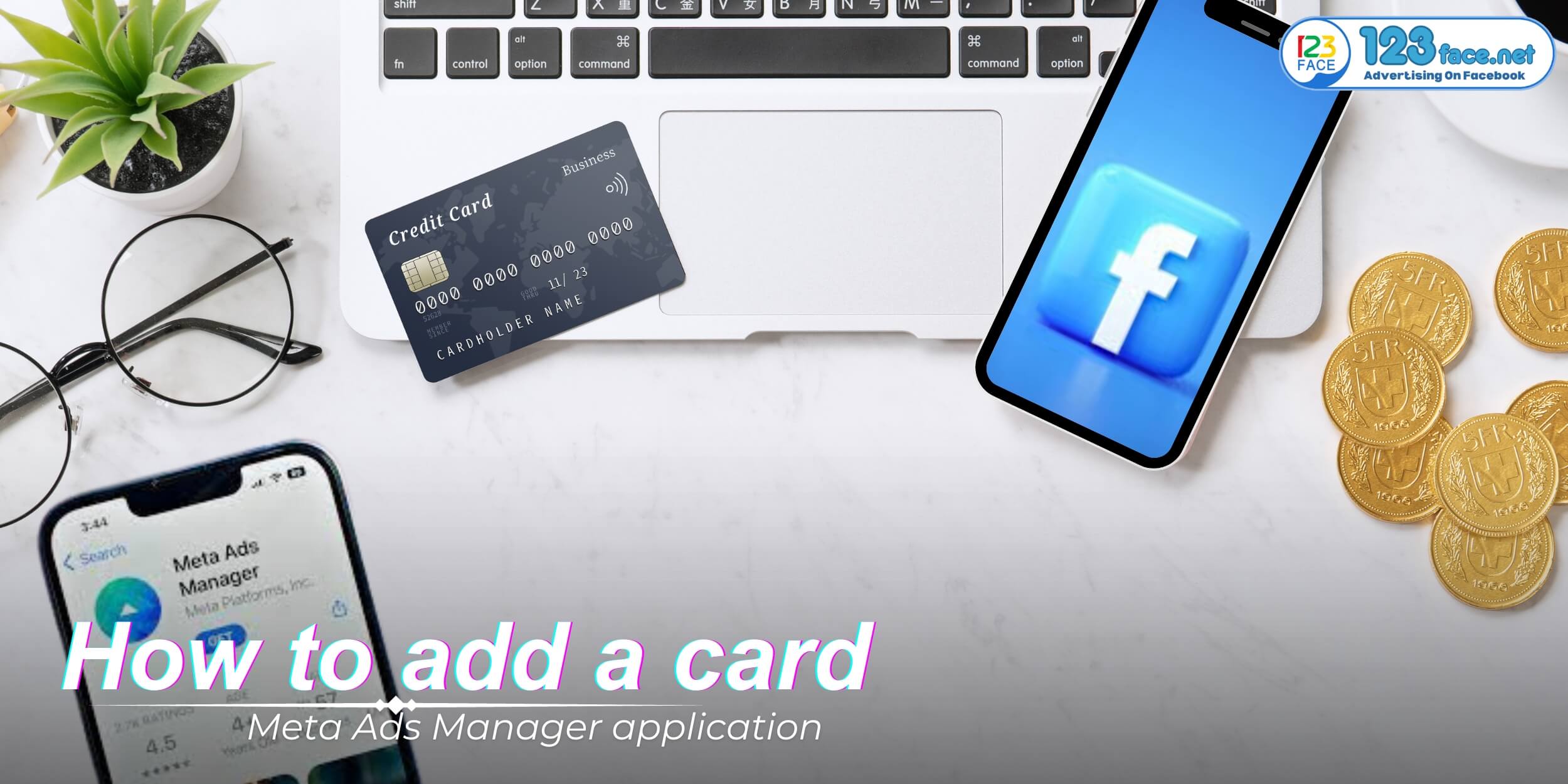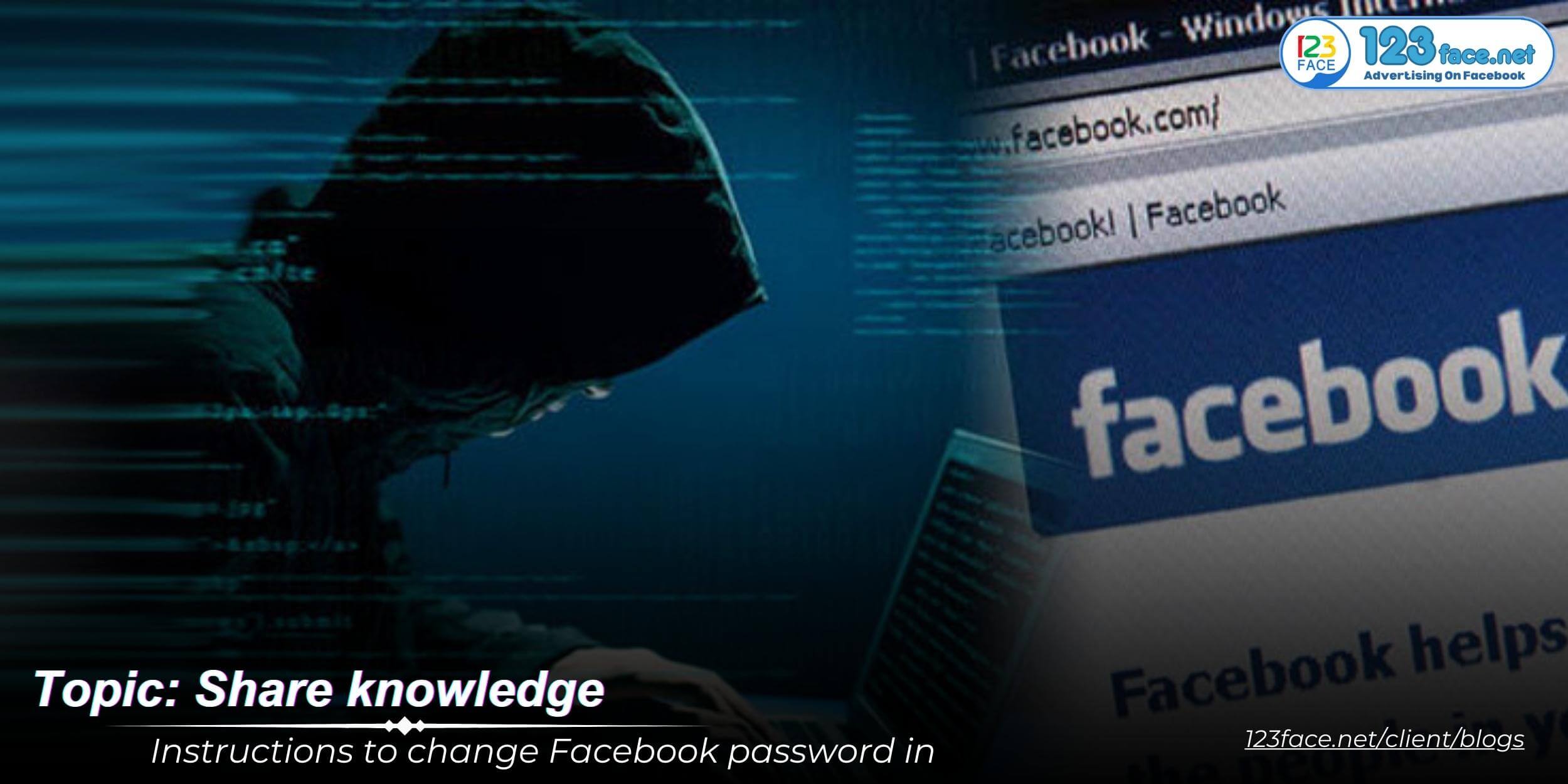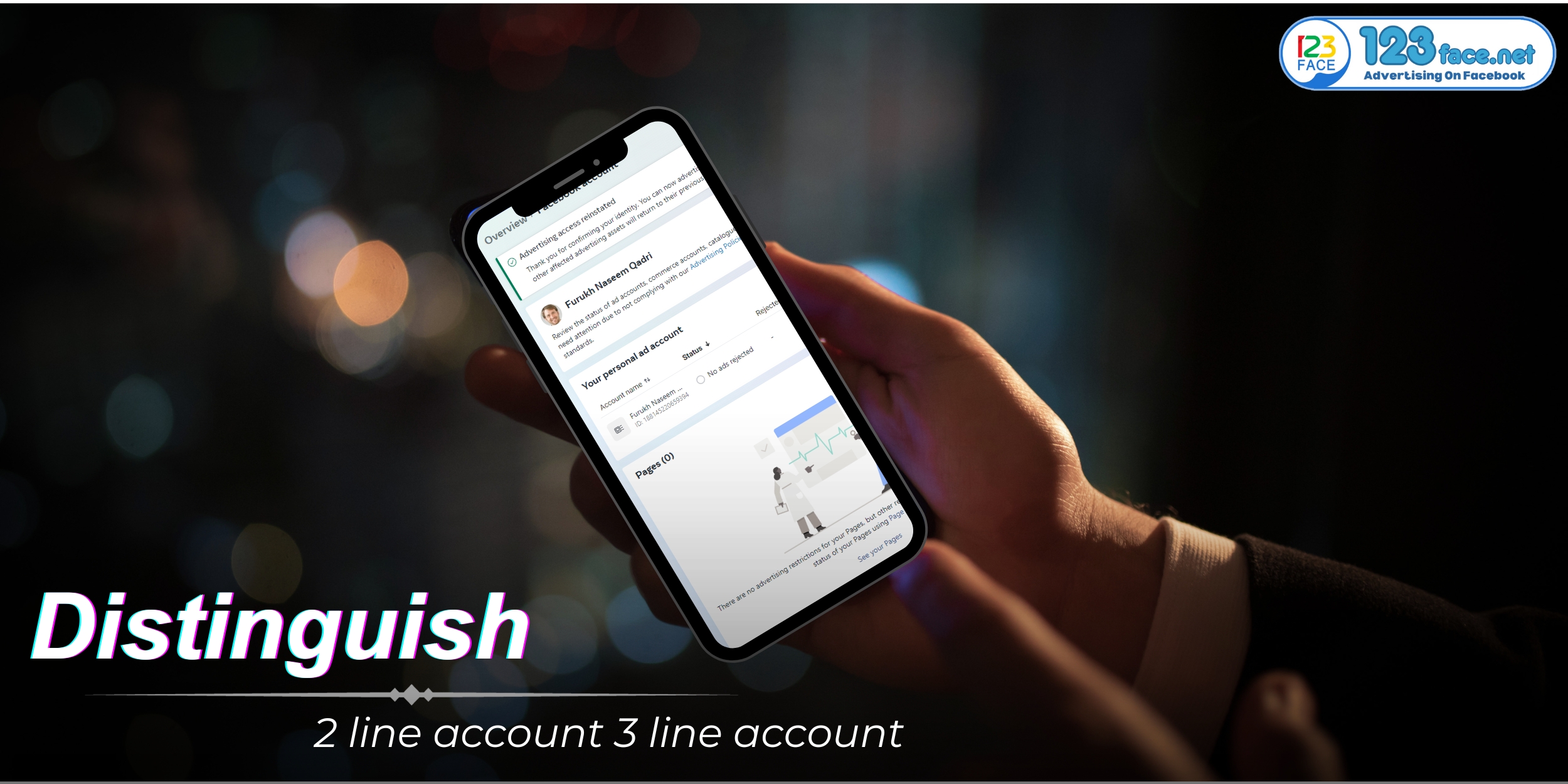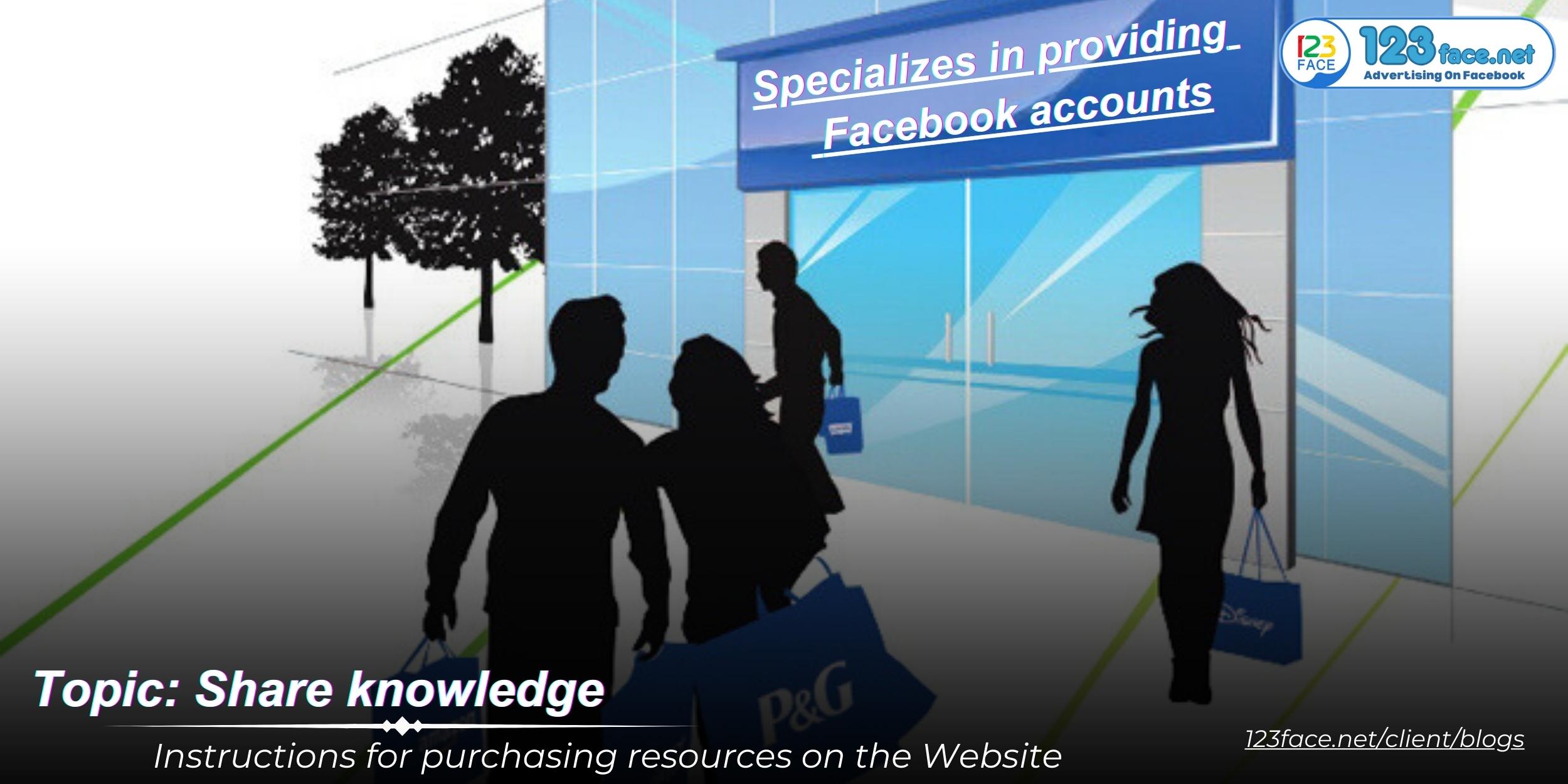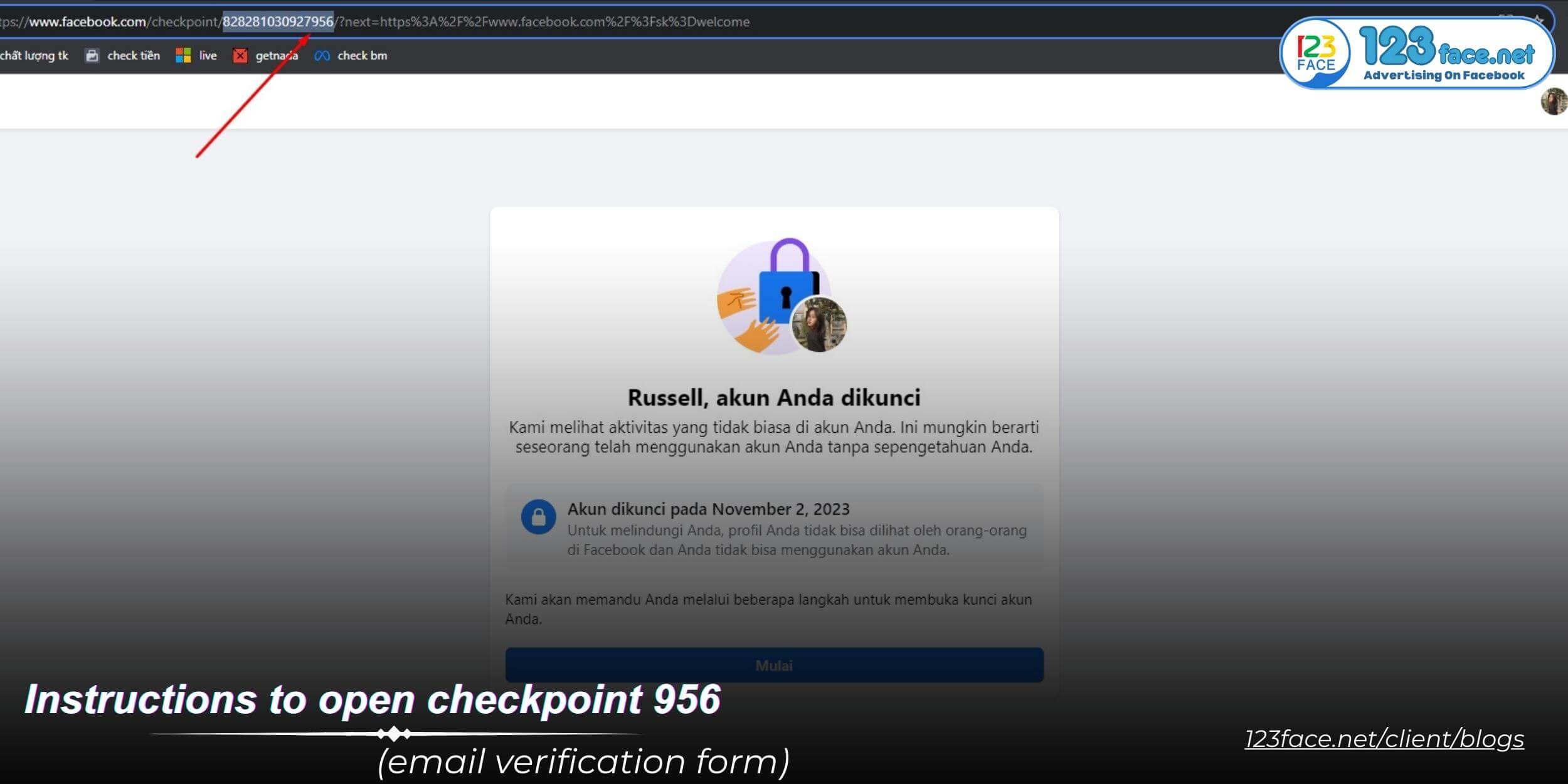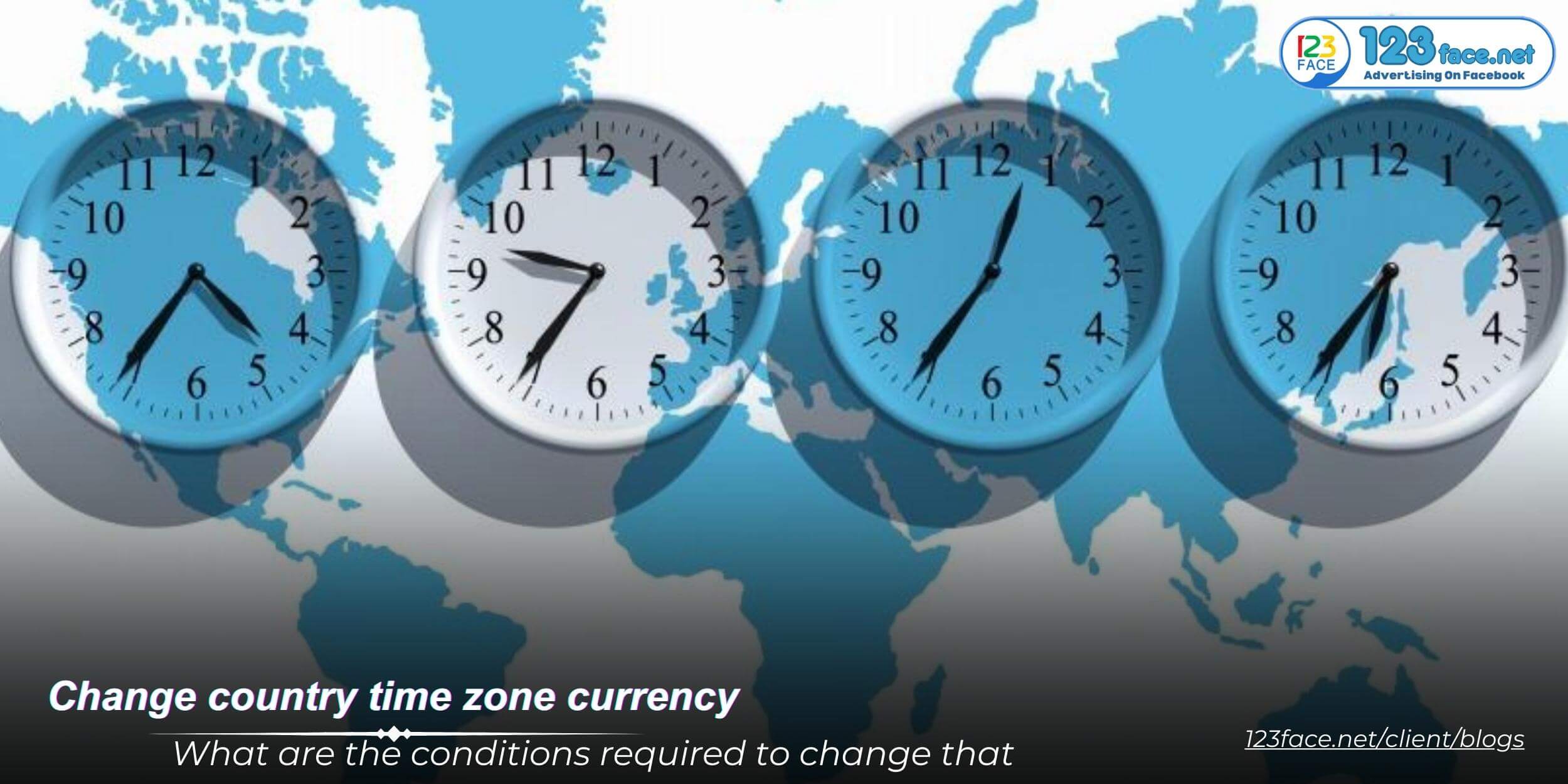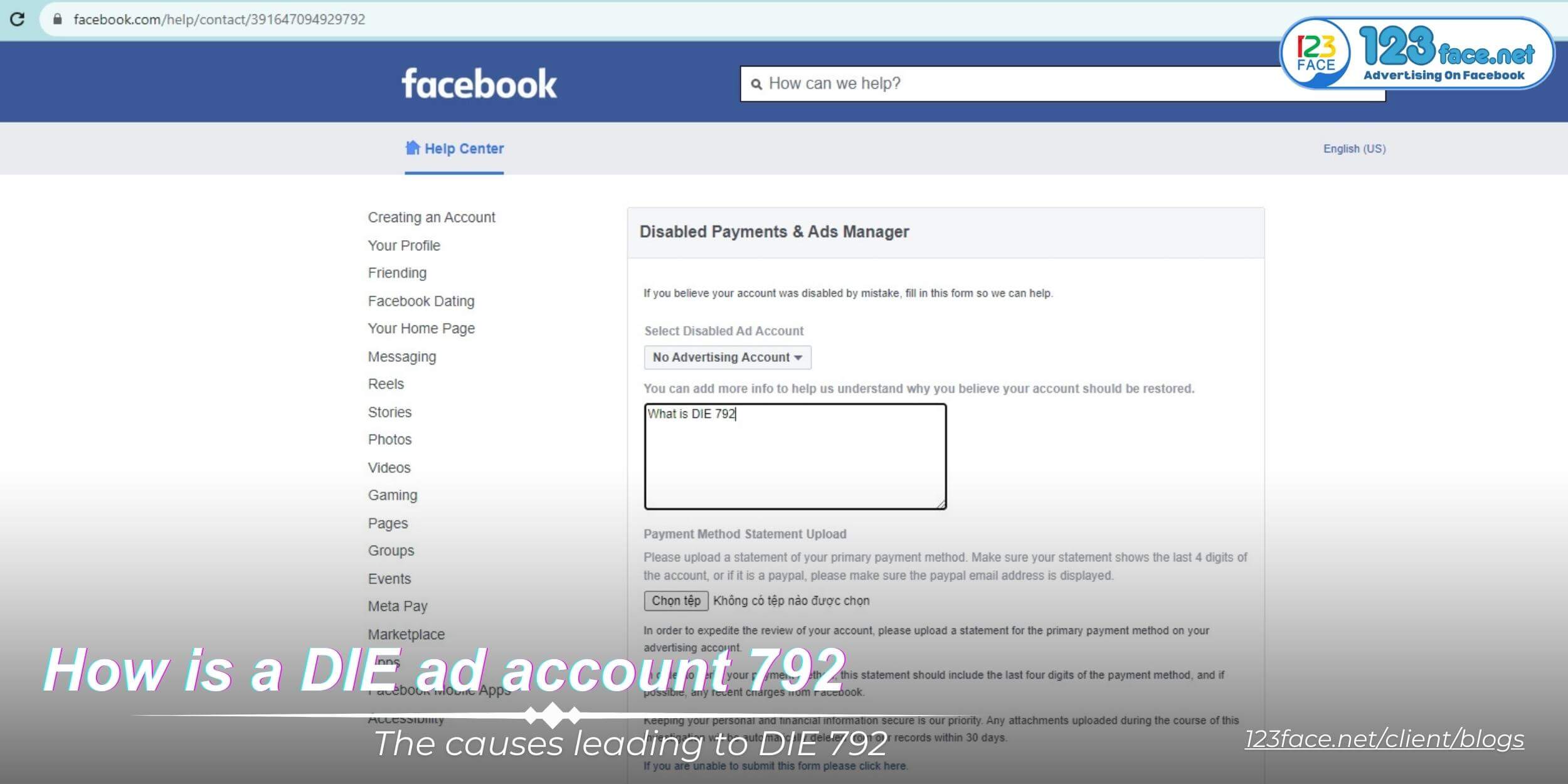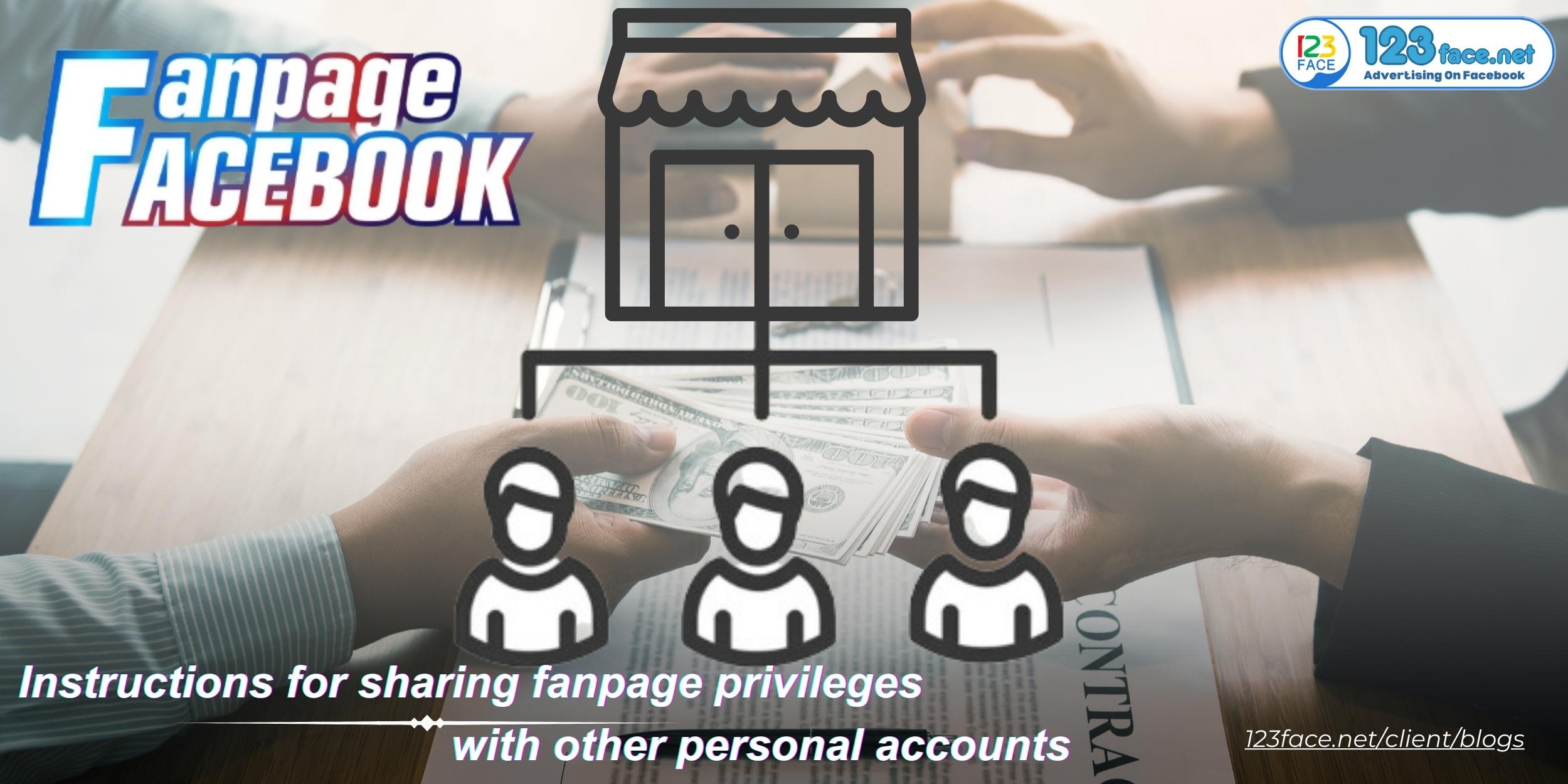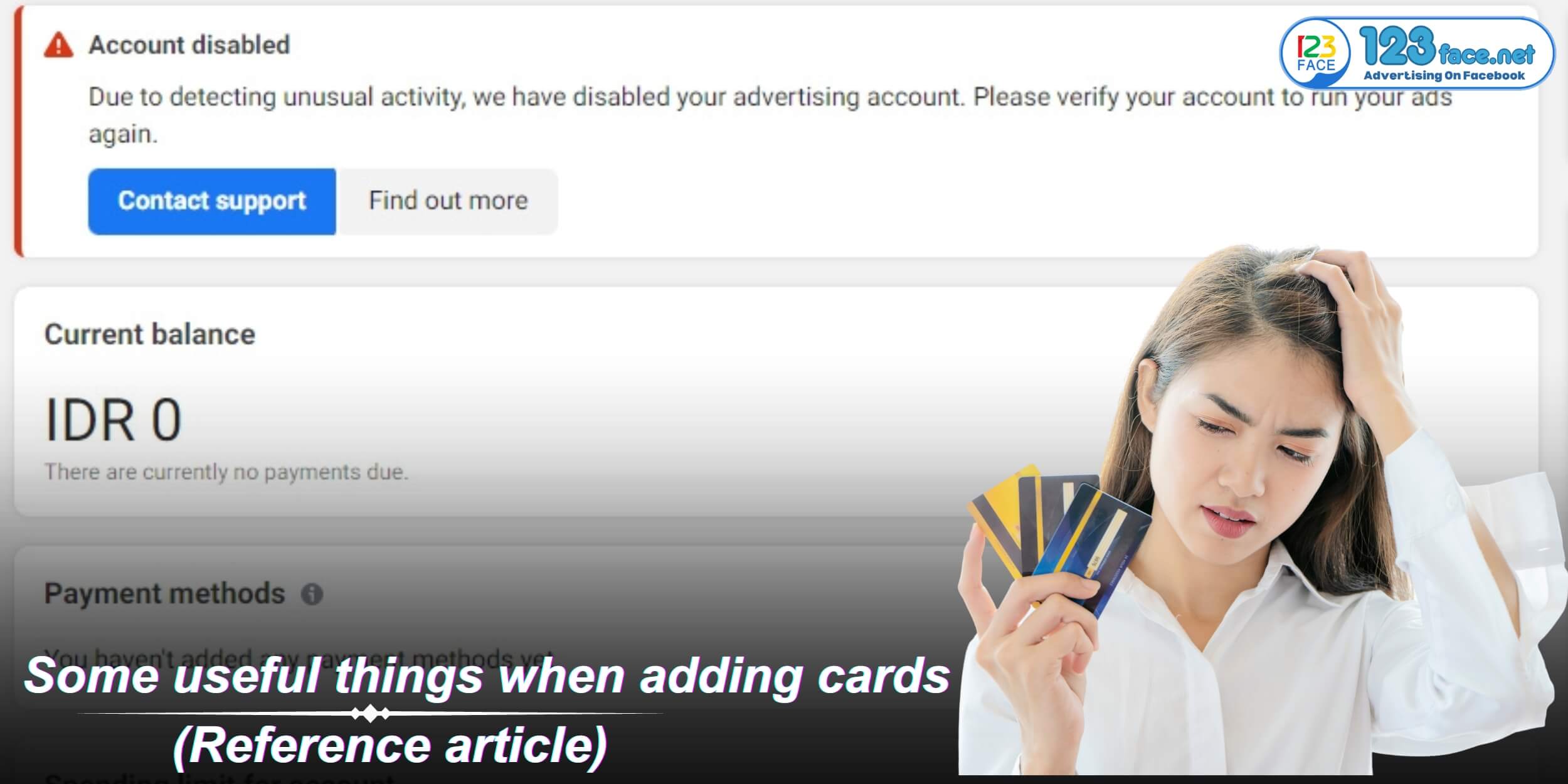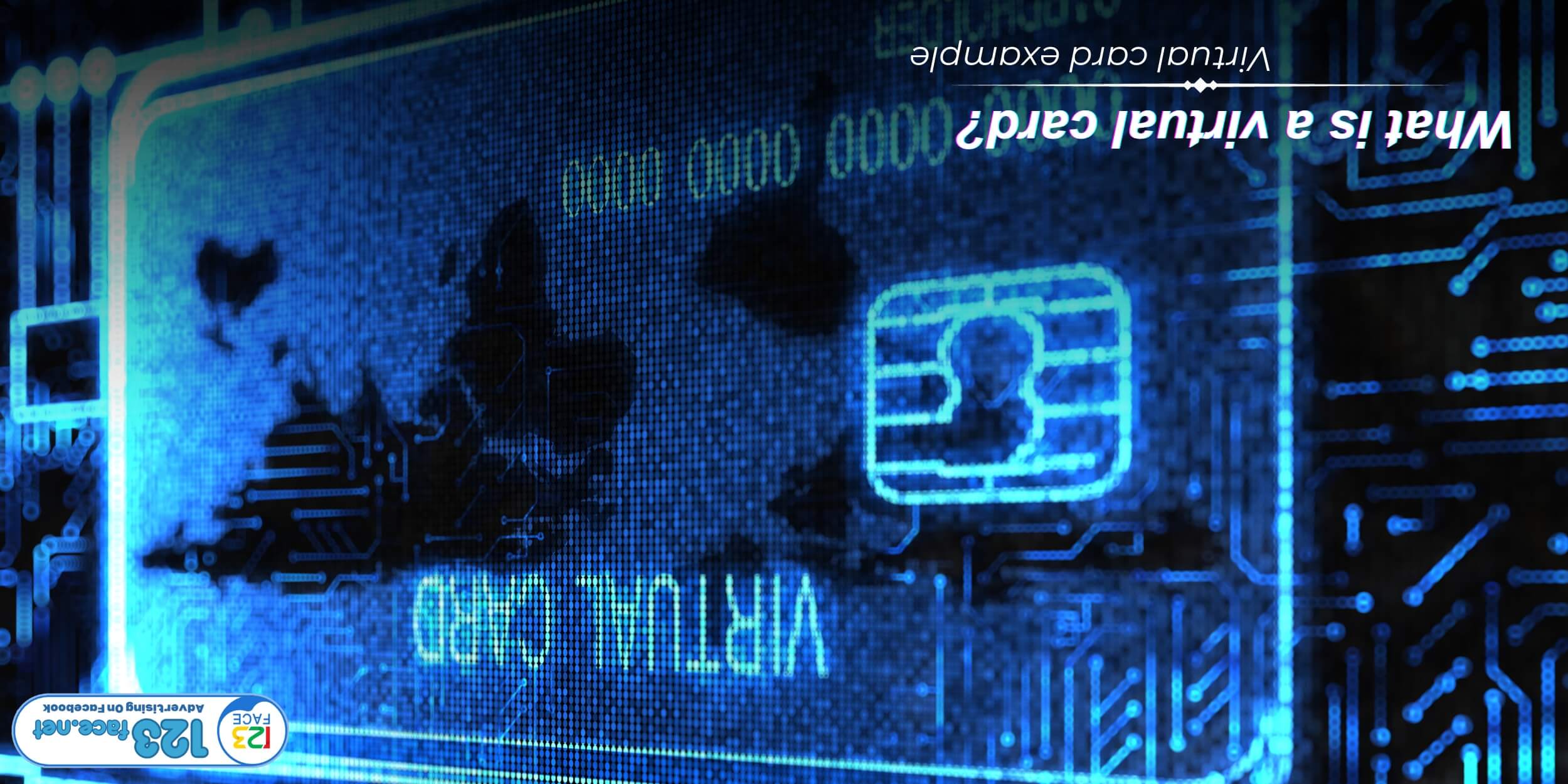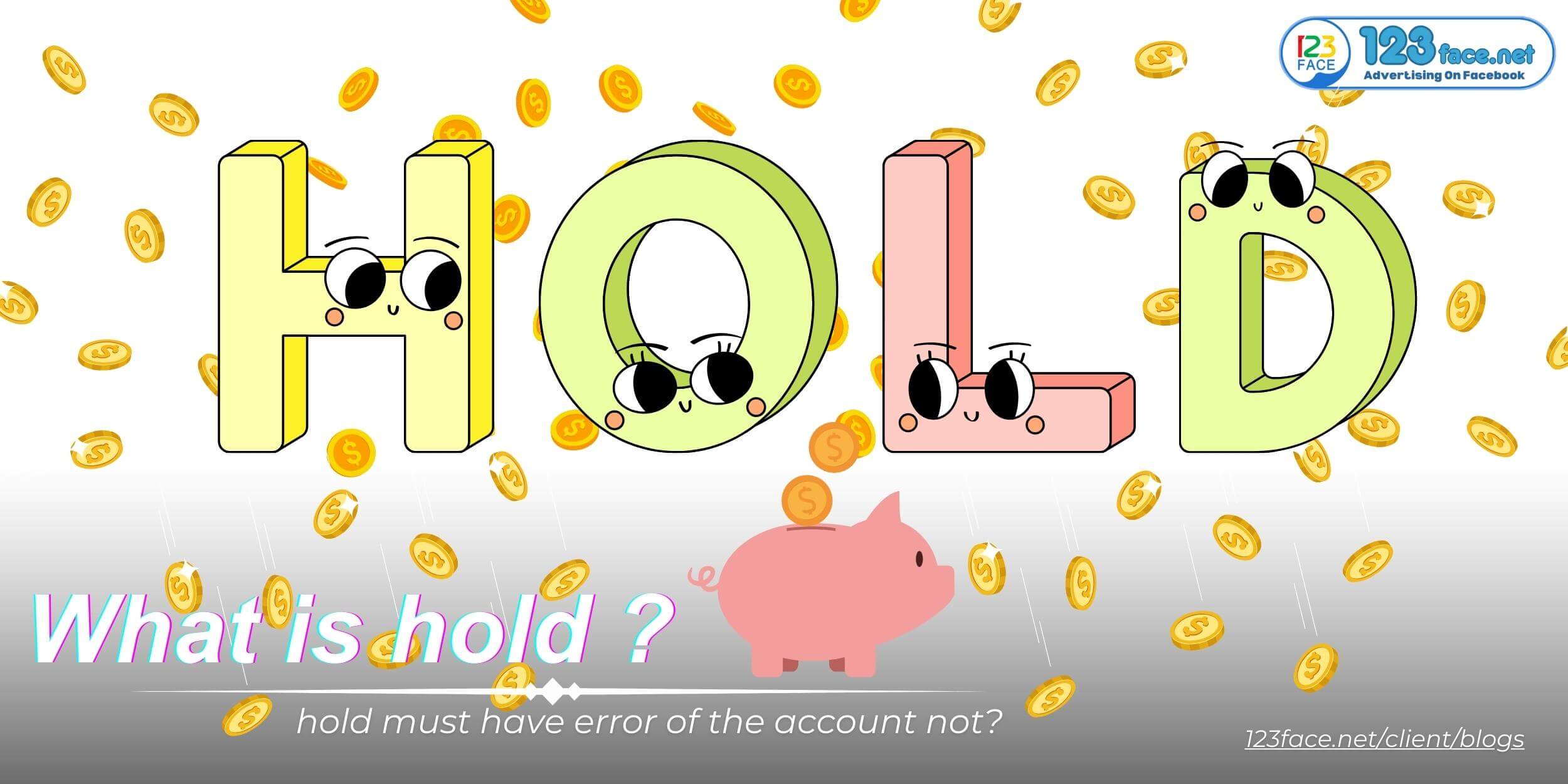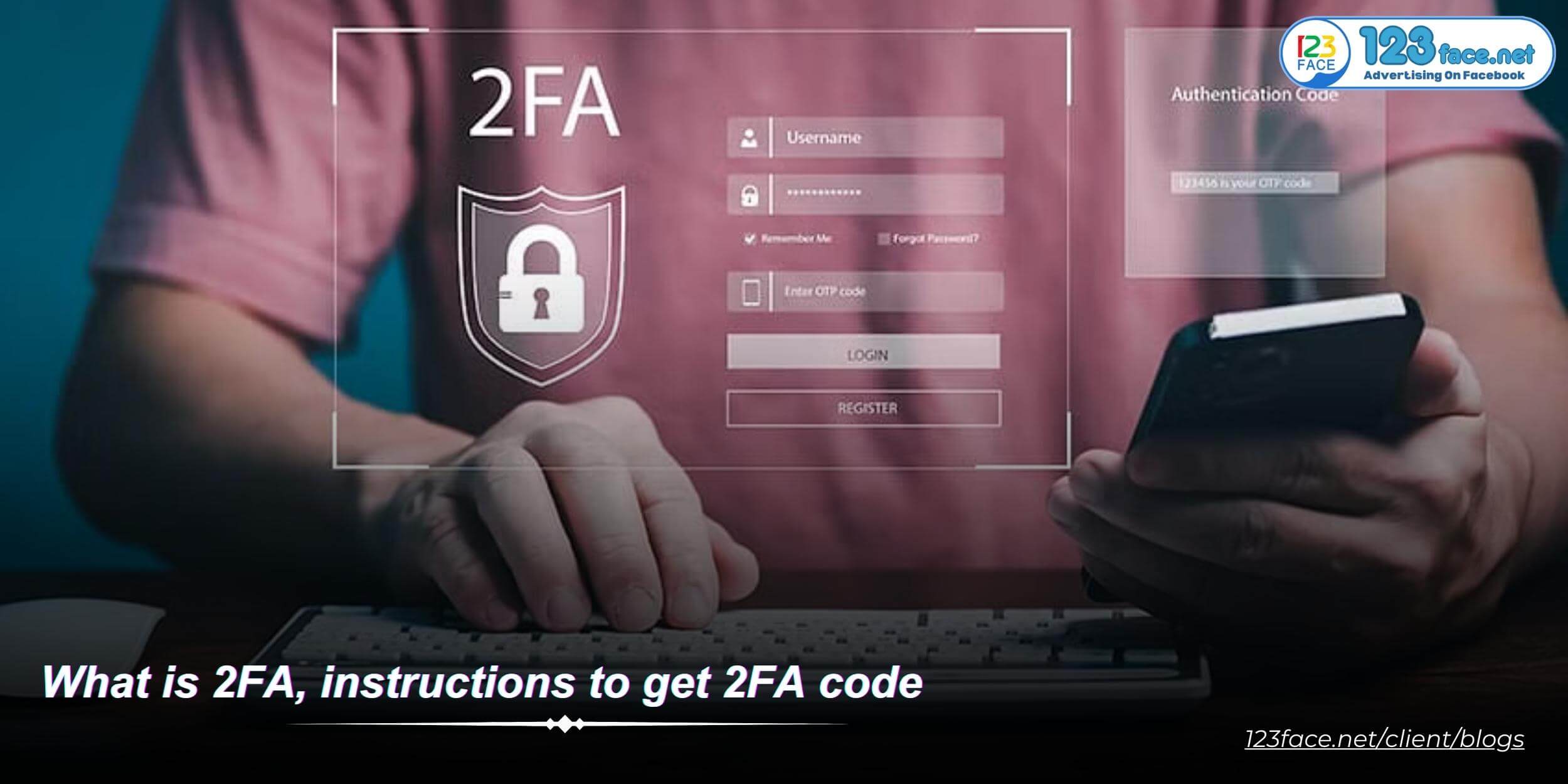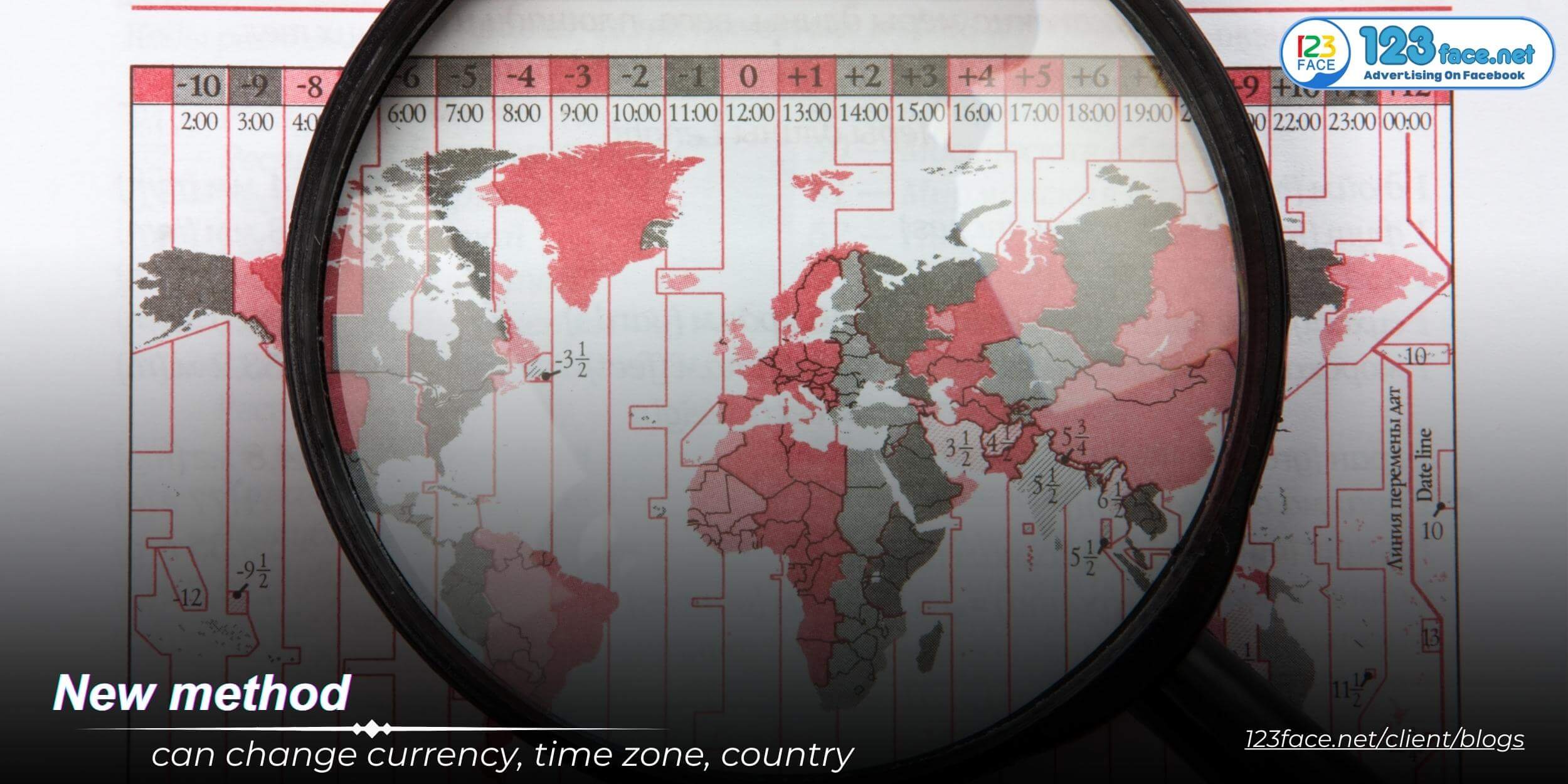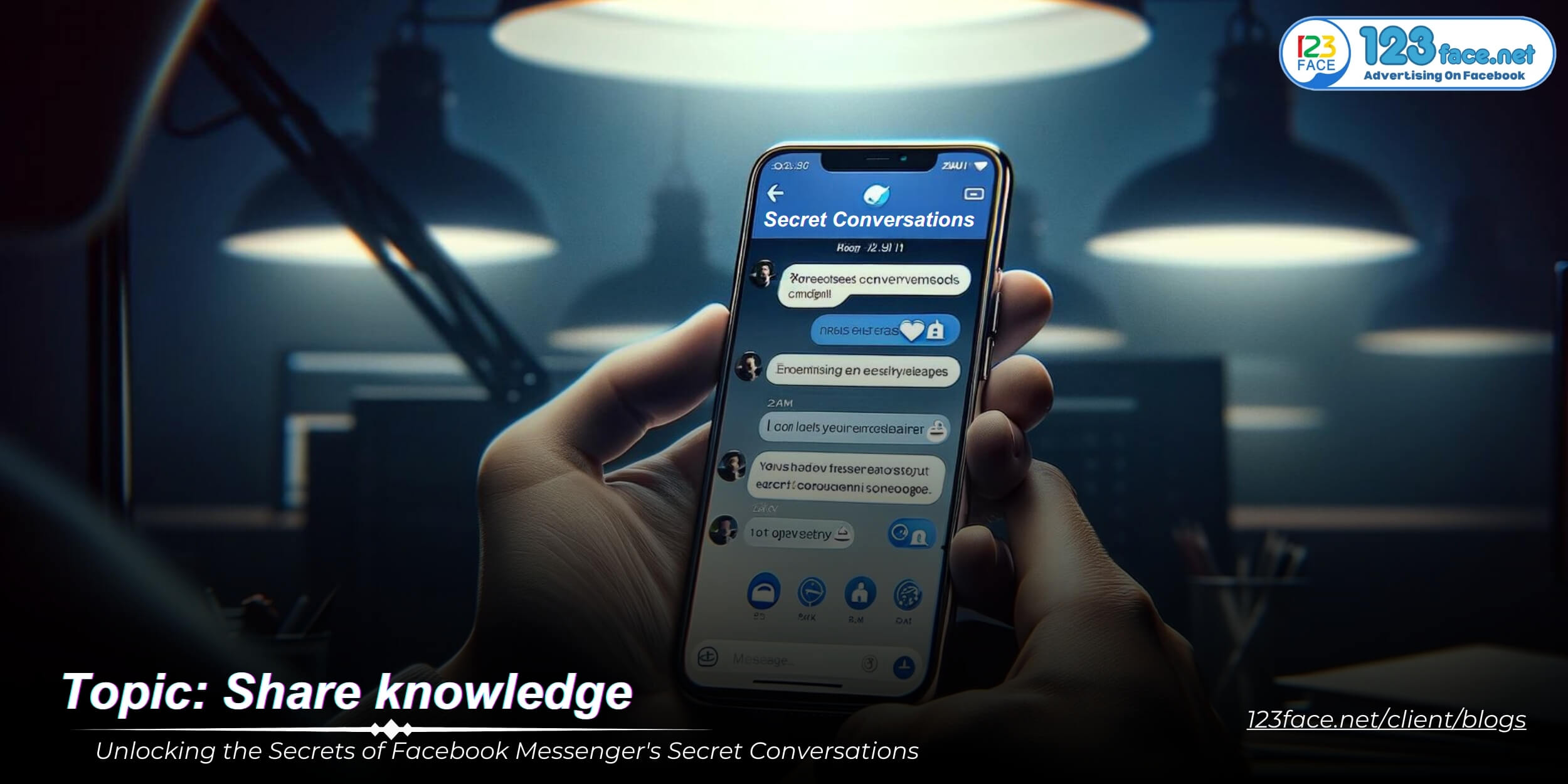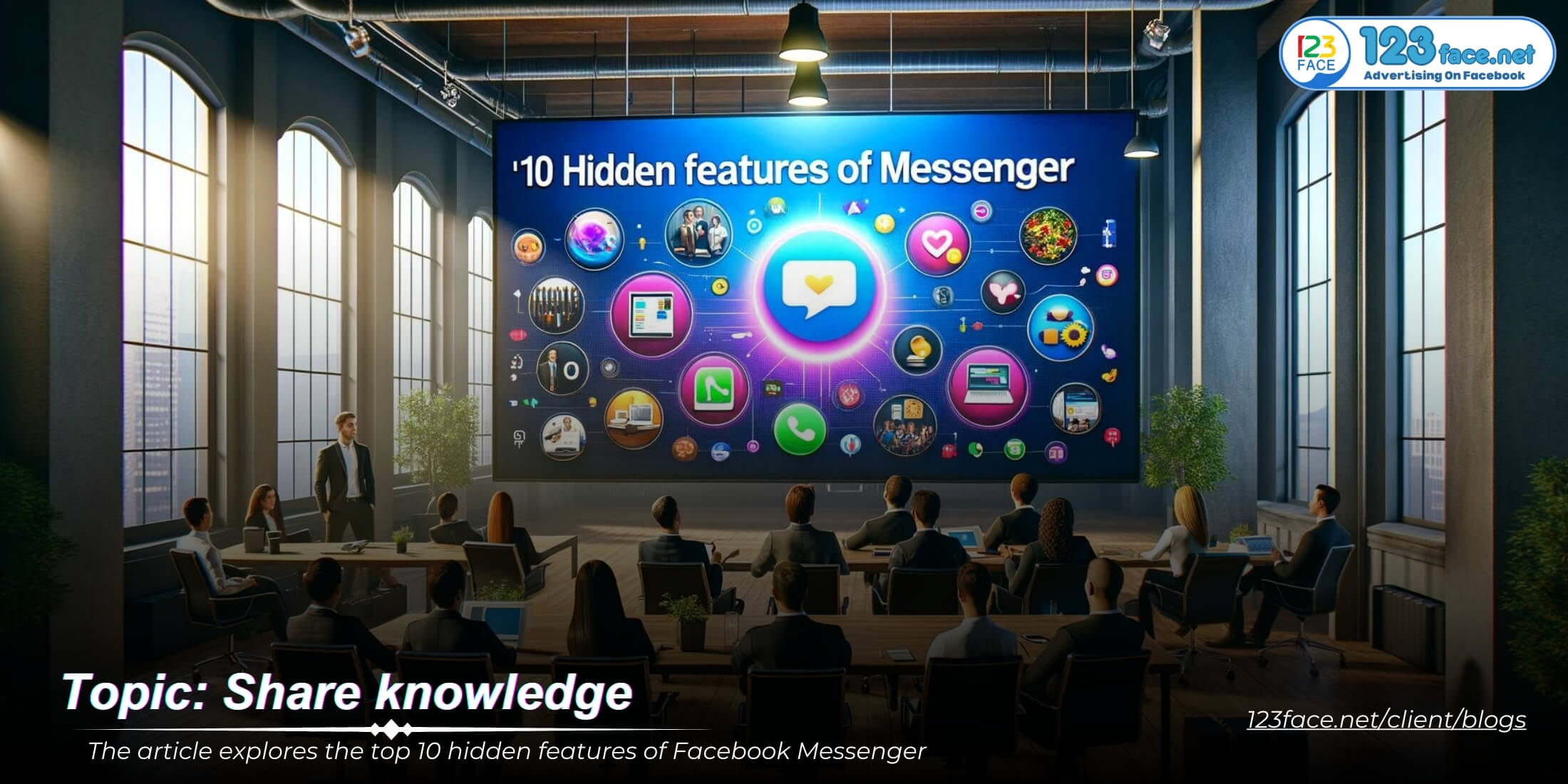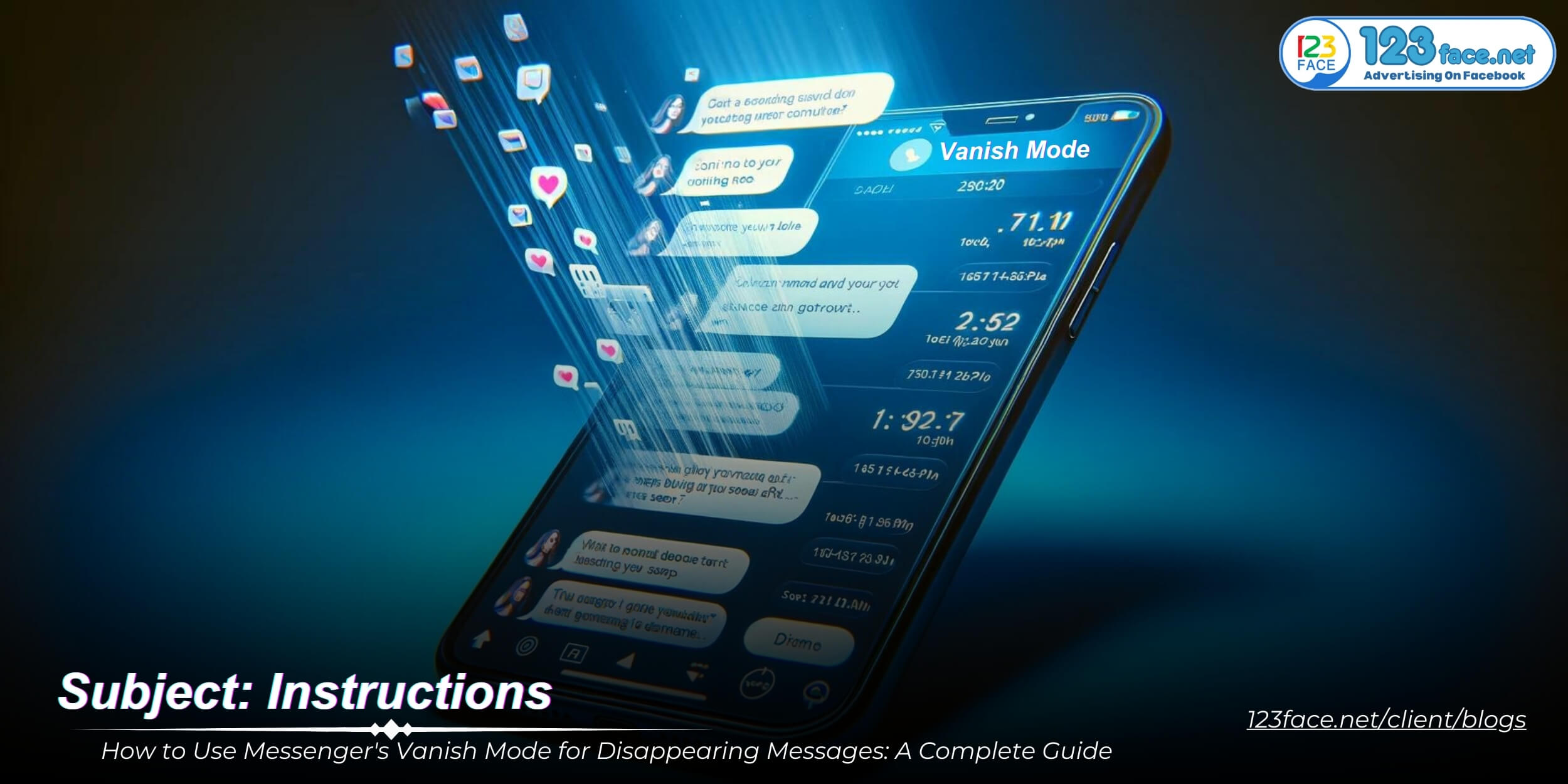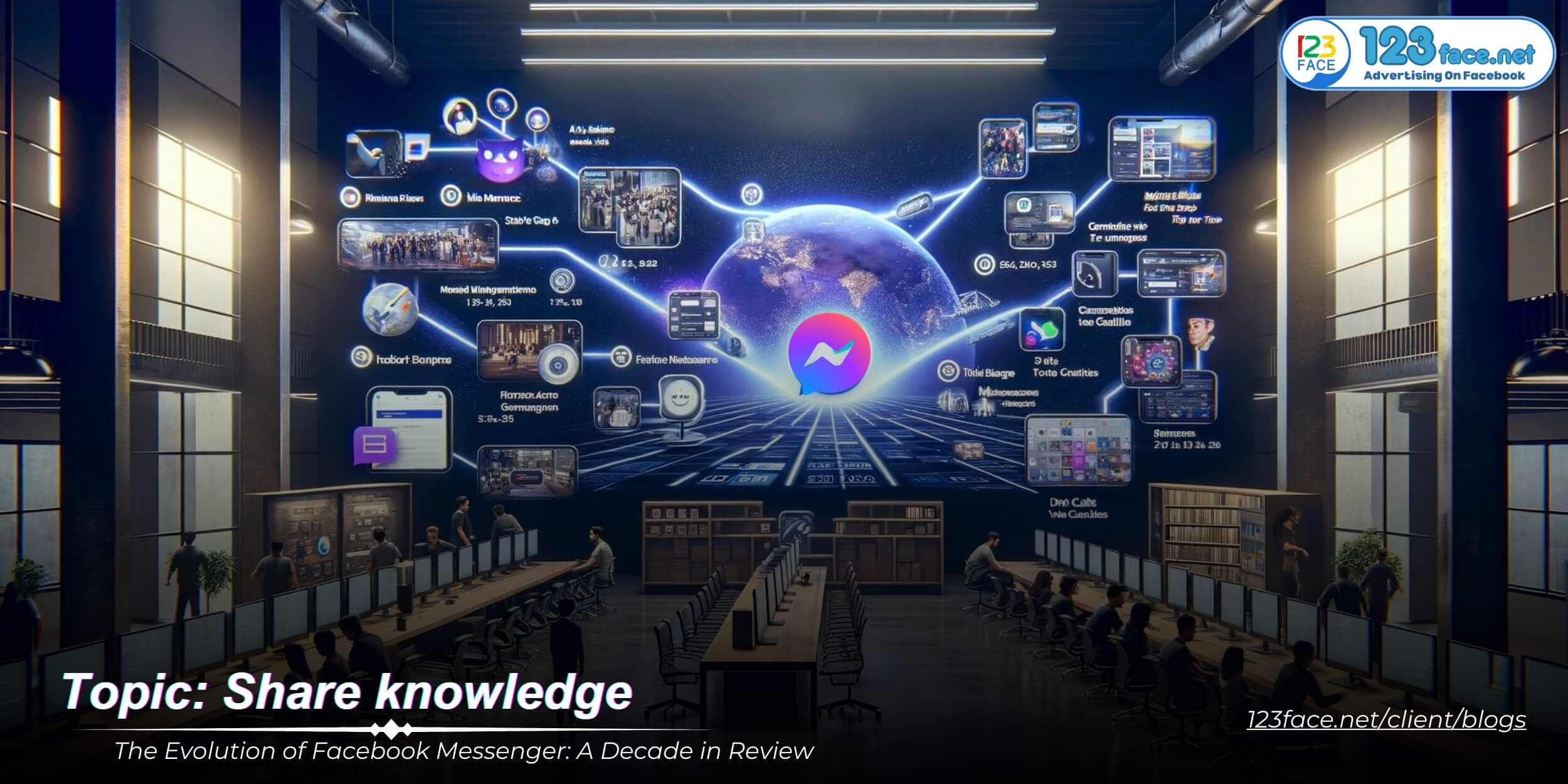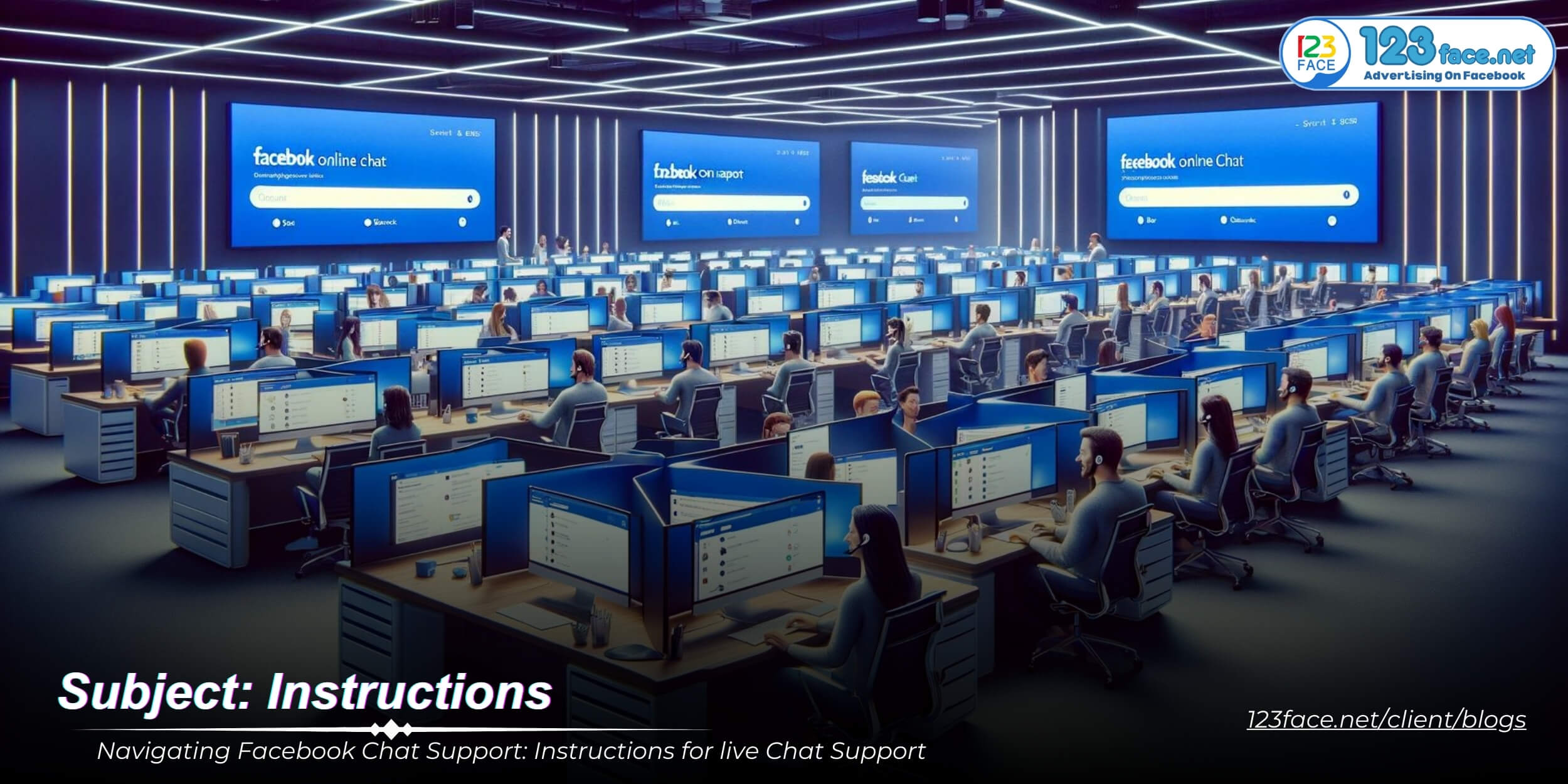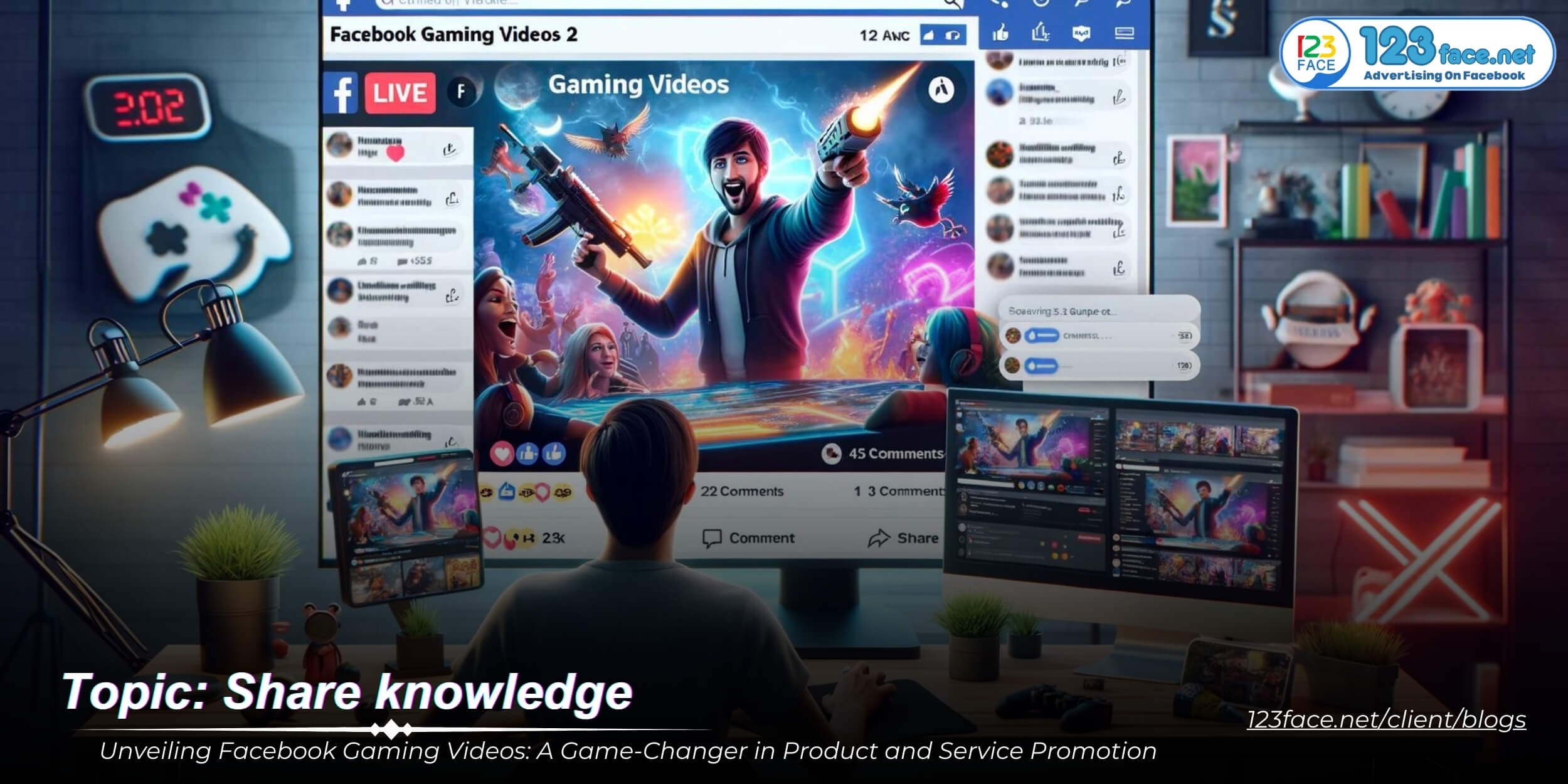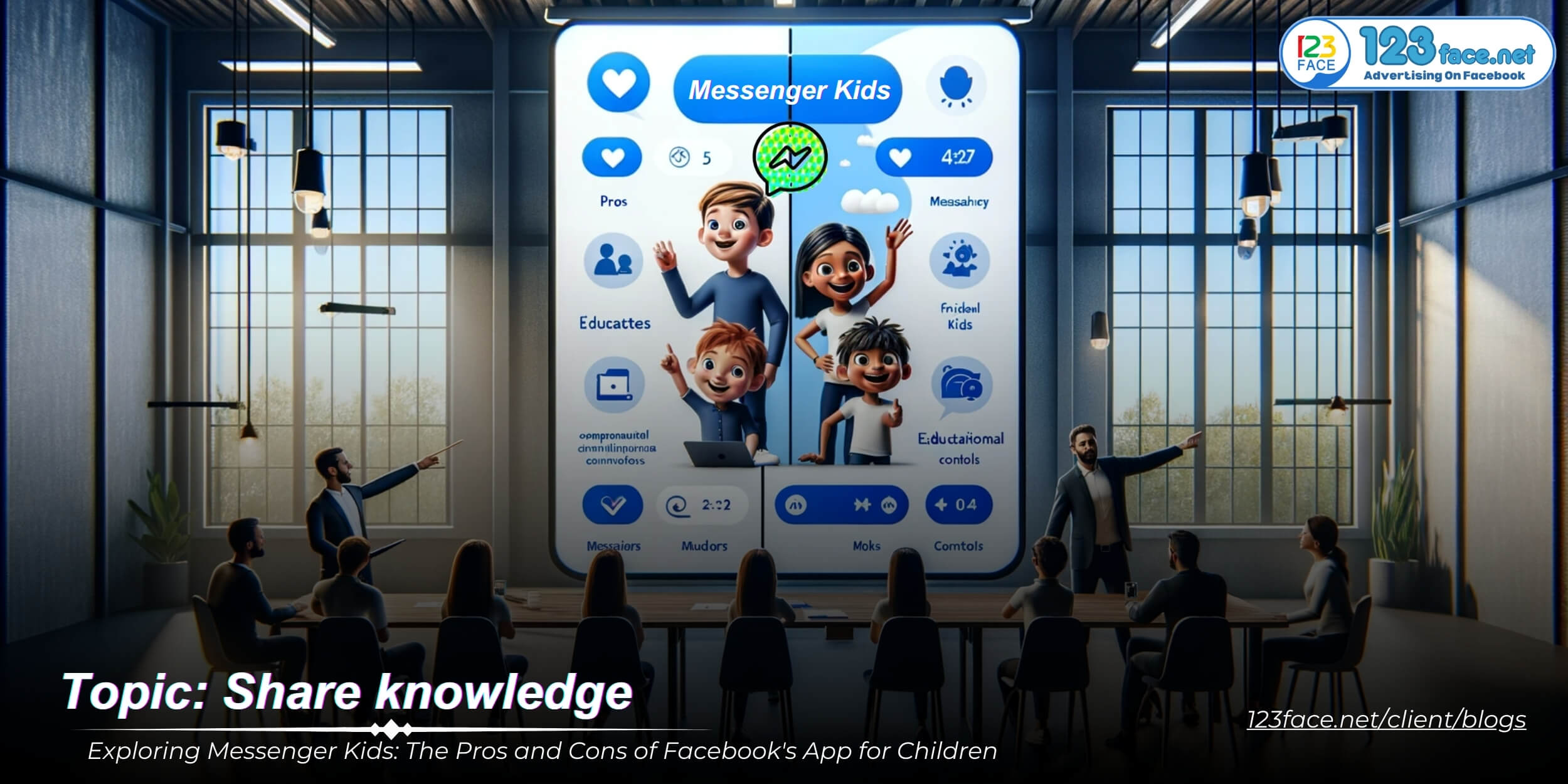How is an account called? Old Facebook, Real Facebook, Clone account
Writing date: 2023-06-07 13:56:28
Understanding the Differences: Old, Real, and Clone Facebook Accounts
Navigating the world of Facebook can sometimes feel like a complex undertaking with various types of accounts populating the platform. It's crucial to distinguish between old Facebook accounts, real active user accounts, and clone accounts. Each serves different purposes and presents unique challenges and opportunities. Let's explore the characteristics that set them apart.
Old Facebook Accounts: The Vintage Social Footprint
Old Facebook accounts are like time capsules of the internet. These profiles are established pages that have been active for years, perhaps since the platform's early days.
Characteristics of Old Facebook Accounts:
- Longevity: They have been around for several years, indicated by their timeline history and post dates.
- Rich Engagement: Featuring a history of interactions, these accounts typically have a robust list of friends and a timeline full of likes, comments, and shares.
- Authenticity: Due to their age, these accounts often have a higher level of trust among users.
Please login to your account, use this link to check: https://www.facebook.com/your_information/?tab=your_information&tile=personal_info_grouping
- Here is an image showing the time the account was created:
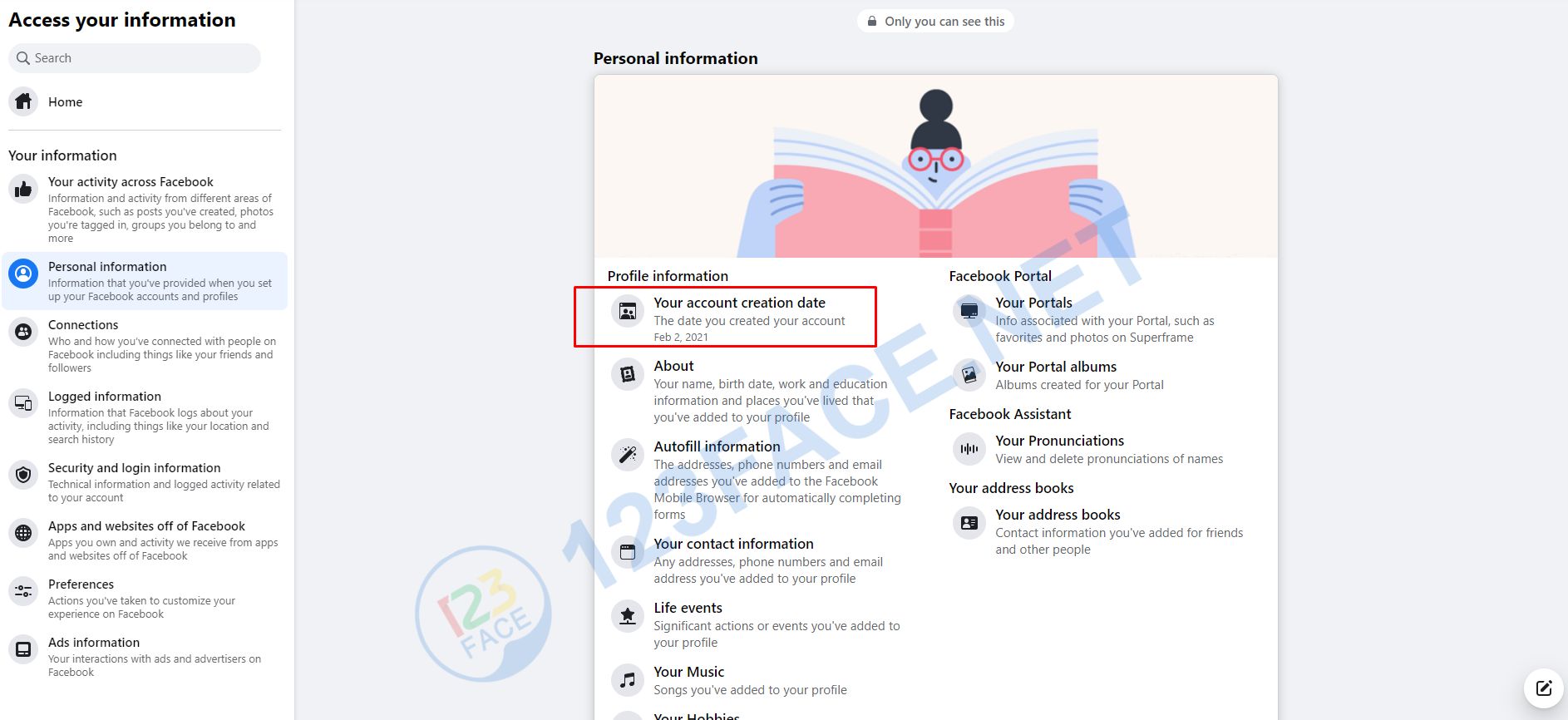
Real Facebook Accounts: The Authentic Social Identity
Real Facebook accounts represent actual individuals or businesses actively engaging with the platform.
Signs of a Real Facebook Account:
- Genuine Interaction: These accounts interact with other users in a meaningful way, with regular posts, comments, and messages.
- Verified Information: Real accounts often include verified contact details, bio, and sometimes a badge if it's a well-known public figure or brand.
- Consistent Activity: The account shows a consistent pattern of activity over time, aligning with real-world events and interactions.

Clone Facebook Accounts: The Impersonators
Clone accounts are fake profiles that mimic real accounts, often created to deceive friends of the original account holder for malicious purposes.
Identifying a Clone Facebook Account:
- Copycat Behavior: These accounts replicate the name, profile picture, and other details from a real account but lack the depth of genuine interaction.
- Sparse History: They often have very few posts or a recent creation date, despite claiming to be a long-standing account.
- Illicit Intent: Clone accounts may send out friend requests en masse or spread misinformation.
Protecting Yourself and Your Presence
Vigilance is Key: Always review friend requests and profiles carefully to avoid connecting with clone accounts. Privacy Settings: Utilize Facebook's privacy settings to protect your information from being used by impersonators. Reporting Suspicious Activity: Report any clone accounts you encounter to help keep the platform safe for everyone.
Conclusion: A Spectrum of Identities
Understanding the distinctions between old, real, and clone Facebook accounts is essential for maintaining a secure and authentic presence on the platform. While old accounts carry the legacy of the platform's evolution, real accounts drive the genuine connections that form the backbone of the social media experience. Meanwhile, staying alert to clone accounts is crucial for protecting your identity online.
For more insights into managing your Facebook experience and safeguarding your digital identity, keep up with our latest articles and resources.
